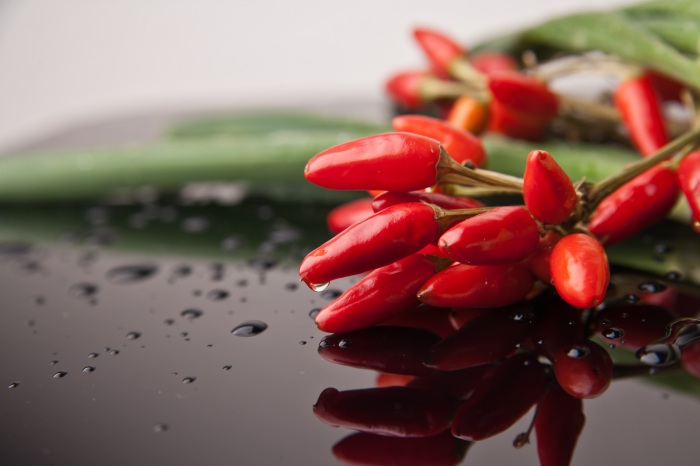
Every once in a while I’ll come across a study that forces me to ponder who would sign up for that. Now I don’t necessarily know how the breakdown went to those who agreed, but I sincerely hope it was a bit lighter than anything I can think of.
Long story short, there was a study in China of almost half a million people with a seven year follow up period to see if eating capsaicin regularly had any effect on their risk of dying early. Personally signing up for something so they can see if I die within a certain time frame would freak me out to the point of not making it out of the room, but as that half million suggests, I may be alone on that.
But as the results found, I may be in a better position than I thought. Of the near 500,000, those who ate spicy food at least once per week were 10 percent less likely to die over the course of the study. The volunteers took a variety of tests and questionnaires that related to their health, family health, diet, exercise, income, and tobacco and alcohol use, as well as any other factors. These figures were then taken into account in how they’d affect one’s lifespan and then they compared how likely people who ate spice food at least once per week were to die, than those who didn’t.
As it turned out, they were 10 percent less likely to do so. Those who consumed it more than two days a week or more were 14 percent, but the difference between eating spicy food once as apposed to twice a week or more was often too small and may have been down to chance. Having said that, those who ate food containing fresh chili pepper seemed to fair better than those had it dry. Furthermore, those who ate chilies were less likely to die from things such as cancer, heart disease or lung diseases. The amount didn’t make much difference when dealing with stroke, diabetes ore infections.
All in all though, chilies and death showed “significant inverse associations”, and with the size of the study, it’s unlikely the results were catered to them by chance alone.
For a continued reading on this matter, click here for NHS’s article in its entirety.